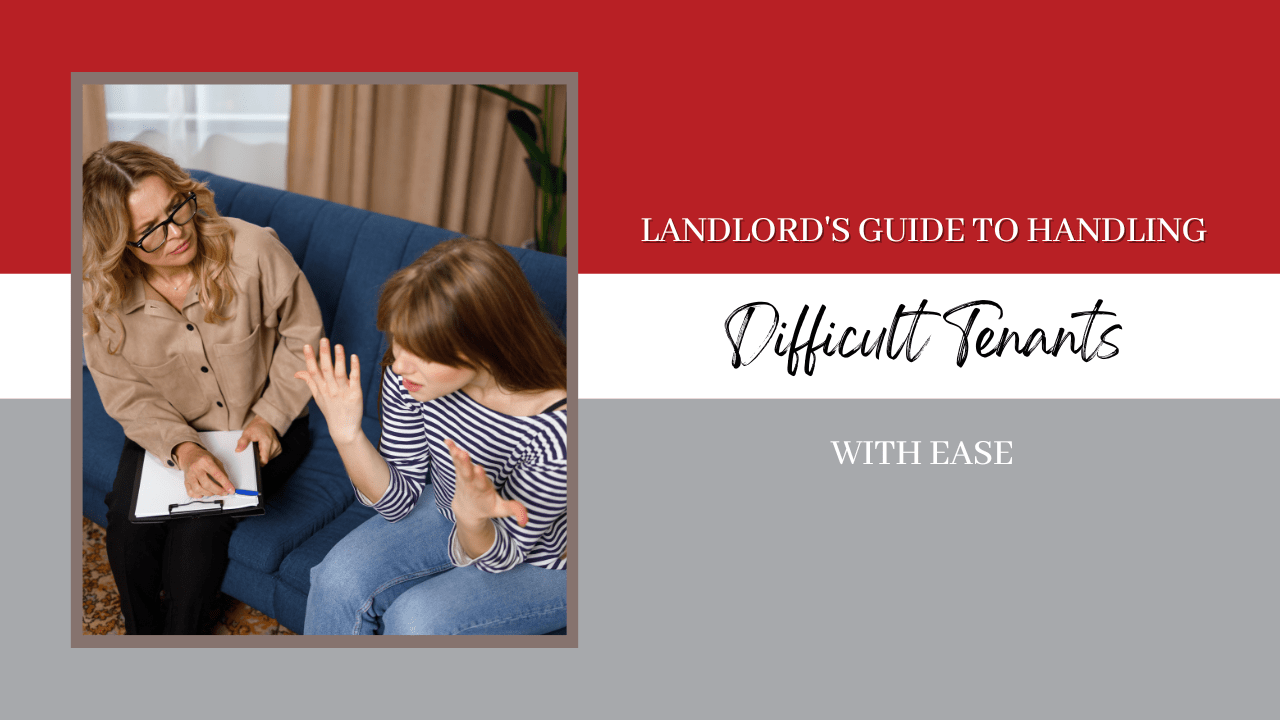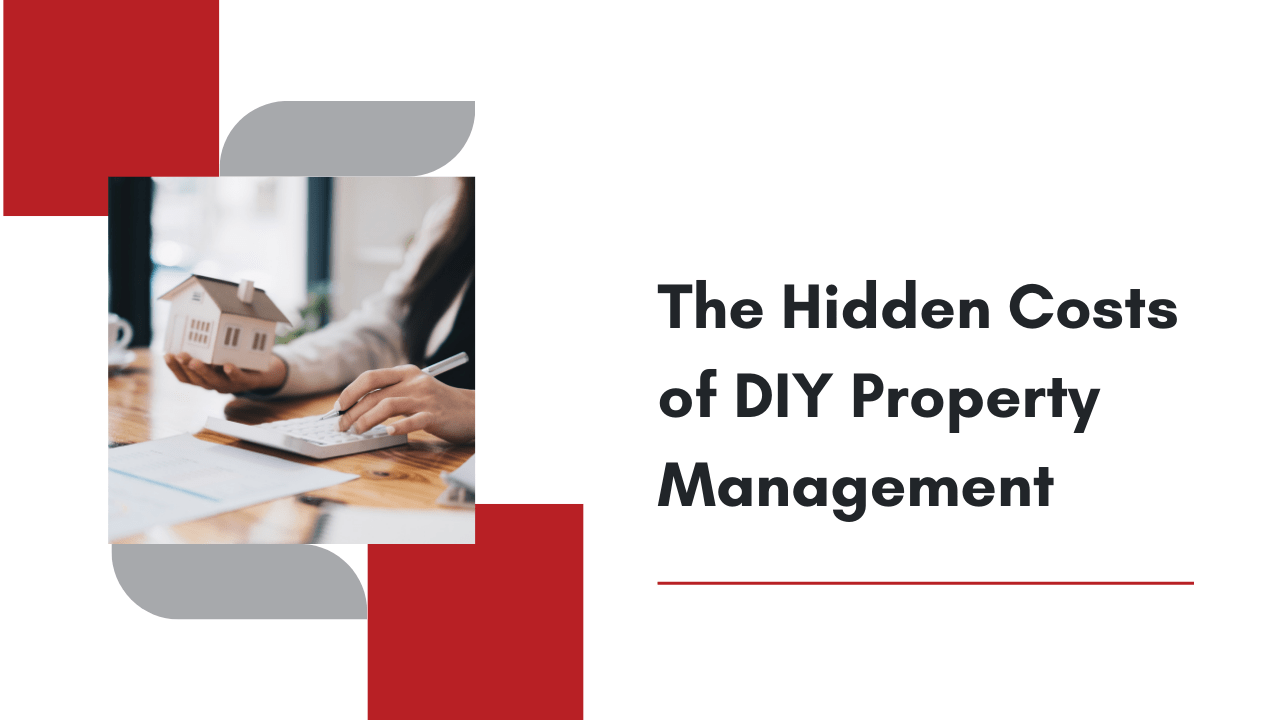Difficult tenants are best avoided, but even with the strictest screening process and the best intentions, you never really know who is moving into your
Arlington rental property. When you have a resident who is intent on complaining, causing problems, or mistreating your
rental property, what is the best course of action?
You need to remain professional, of course, and you need to have a strong lease agreement in place that addresses any issues that come up with a tenant.
We work hard at creating and maintaining positive and professional relationships with our tenants. Here is our best guide to handling difficult tenants with ease.
Always Refer to Your Lease Agreement
Tenants can be difficult in a number of ways. Maybe you have a resident who pays rent late every single month. Maybe there’s a tenant who is disrespectful to neighbors, and always causing disturbances with noise and nonsense. We have dealt with pets that cause damage and tenants who don’t seem to care. There are the complainers and the residents who cannot seem to follow the rules that have been explained to them.
Always refer back to your lease agreement before you address difficult tenants. There, you will find specific
expectations, responsibilities, and requirements. The lease will also include consequences for missing payments, bad behavior, or violations. These consequences may be late fees and even eviction.
Communicate With Tenants
Don’t be afraid to set boundaries with tenants who are difficult to work with. If you have a resident who calls you every day with a new complaint that you have no control over, explain the constraints of what you can do. Sometimes, tenants just want to be heard when they have an issue, but if there’s a tenant who is difficult and demanding, you are not required to listen to them every time they have something to say. You want to establish good relationships with your renters, but you are not called to be taken advantage of.
Communication, even with difficult tenants, needs to be responsive, professional, and transparent. Always document the conversations you have, especially if they are fraught with conflict and displeasure. Be direct, even when you have to deliver bad news or push back against something your difficult tenant seems to be demanding without reason.
Make a Plan for Difficult Tenants
Dealing with difficult tenants can start with a conversation. If that’s not enough, put something in writing. Then, follow the remedies that are provided by your lease agreement, the
local landlord and tenant laws, and the warnings that might have been shared during previous conversations and correspondence. If there’s a legal reason to evict your tenant and you have exhausted every other potential path to a solution, you should be empowered to do what you need to do.
One great way to avoid dealing with difficult tenants is to work with a
professional property management company. We can help with tenant relationships and we can provide a buffer between you and your residents, ensuring you never have to get into disputes or difficult discussions.
Contact us at Arlington Realty Property Management for further assistance.








